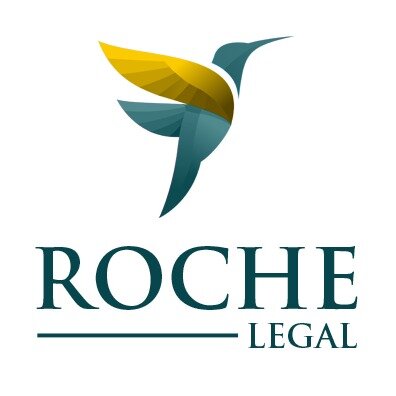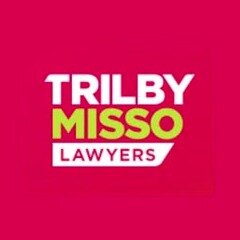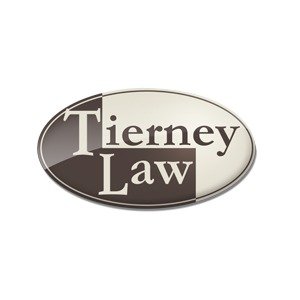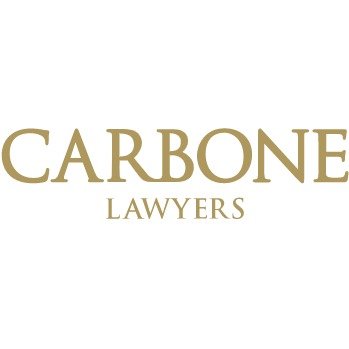Best Truck Accident Lawyers in Australia
Share your needs with us, get contacted by law firms.
Free. Takes 2 min.
Or refine your search by selecting a city:
List of the best lawyers in Australia

About Truck Accident Law in Australia
Truck accidents in Australia are a significant concern due to the large size and heavy loads these vehicles typically carry. When involved in accidents, they can cause substantial damage and severe injuries. Truck accident law in Australia covers a spectrum of issues, including determining liability, understanding safety regulations, and obtaining compensation for those affected. This area of law is complex, involving both State and Federal regulations aimed at ensuring road safety and accountability.
Why You May Need a Lawyer
Individuals involved in truck accidents may require legal assistance for several reasons. Firstly, determining liability can be complicated, involving multiple parties such as the truck driver, their employer, insurance companies, and, occasionally, truck manufacturers. Secondly, navigating insurance claims can be overwhelming, especially when injuries are severe, and costs are high. A lawyer can assist in understanding rights and entitlements, negotiating settlements, and, if necessary, representing individuals in court.
Local Laws Overview
Truck accident laws in Australia are framed by both national safety standards and specific state regulations. Key aspects include the Heavy Vehicle National Law (HVNL), which sets uniform regulations for heavy vehicles over 4.5 tonnes Gross Vehicle Mass (GVM). It covers driver fatigue, vehicle standards, and mass limits. Additionally, each state might have its specific rules for road traffic and safety, and these can influence how truck accidents are assessed legally. Understanding whether a breach of regulation occurred can be key to determining liability.
Frequently Asked Questions
What should I do immediately following a truck accident?
Ensure your safety, seek medical attention, report the accident to the police, and gather evidence if possible. Contacting a lawyer early can help secure your legal rights.
How is liability determined in truck accidents?
Liability can depend on factors such as breaches in traffic rules, vehicle maintenance, driver fatigue, and evidence collected from the accident site. A lawyer can help investigate these aspects.
What compensation can I claim from a truck accident?
You may claim for medical expenses, lost wages, property damage, and pain and suffering. The specifics depend on the case details and state laws.
Can I handle my truck accident claim without a lawyer?
While possible, handling claims independently can be complex, especially if the injuries are severe or if multiple parties are involved. Legal expertise aids in ensuring fair compensation.
What if the truck driver was at fault?
If the truck driver is deemed at fault, claims can be made against their insurance or employer. Legal advice is beneficial for navigating these claims effectively.
Are truck accident laws the same across all Australian states?
No. While the HVNL provides some uniformity, each state has additional laws and regulations that can differ significantly. Consulting a local lawyer can clarify these distinctions.
How long do I have to file a claim after a truck accident?
This period varies between jurisdictions but generally falls between one to three years after the accident. It's essential to act quickly to ensure you don't miss any deadlines.
Will my case go to court?
Many truck accident claims are settled out of court. However, if a fair settlement cannot be reached, court proceedings may become necessary.
What role does insurance play in a truck accident claim?
Insurers often cover damages arising from truck accidents. However, disputes over payment amounts can arise, making legal representation useful to negotiate a satisfactory agreement.
Can I file a claim if I was partly at fault?
In many jurisdictions, contributory negligence applies, allowing you to claim even if you were partly responsible. Your compensation may be reduced proportionately.
Additional Resources
For more information on truck accident laws and resources in Australia, you may consider reaching out to the following:
- The National Heavy Vehicle Regulator (NHVR) for information on the HVNL.
- State-based legal aid services for access to local legal advice and resources.
- Local law society or bar association for referrals to qualified personal injury lawyers.
- The Australian Transport Safety Bureau for insights on transport safety standards.
Next Steps
If you need legal assistance following a truck accident in Australia, it is prudent to consult with a lawyer specializing in personal injury or vehicle accident cases. Prepare to provide them with detailed information about the accident, including any evidence you’ve collected. Consider consulting multiple lawyers to understand your options and ensure you receive the best possible advice for your circumstances. Acting promptly ensures your case is managed efficiently and increases the likelihood of a favorable outcome.
Lawzana helps you find the best lawyers and law firms in Australia through a curated and pre-screened list of qualified legal professionals. Our platform offers rankings and detailed profiles of attorneys and law firms, allowing you to compare based on practice areas, including Truck Accident, experience, and client feedback.
Each profile includes a description of the firm's areas of practice, client reviews, team members and partners, year of establishment, spoken languages, office locations, contact information, social media presence, and any published articles or resources. Most firms on our platform speak English and are experienced in both local and international legal matters.
Get a quote from top-rated law firms in Australia — quickly, securely, and without unnecessary hassle.
Disclaimer:
The information provided on this page is for general informational purposes only and does not constitute legal advice. While we strive to ensure the accuracy and relevance of the content, legal information may change over time, and interpretations of the law can vary. You should always consult with a qualified legal professional for advice specific to your situation.
We disclaim all liability for actions taken or not taken based on the content of this page. If you believe any information is incorrect or outdated, please contact us, and we will review and update it where appropriate.
Browse truck accident law firms by city in Australia
Refine your search by selecting a city.
















